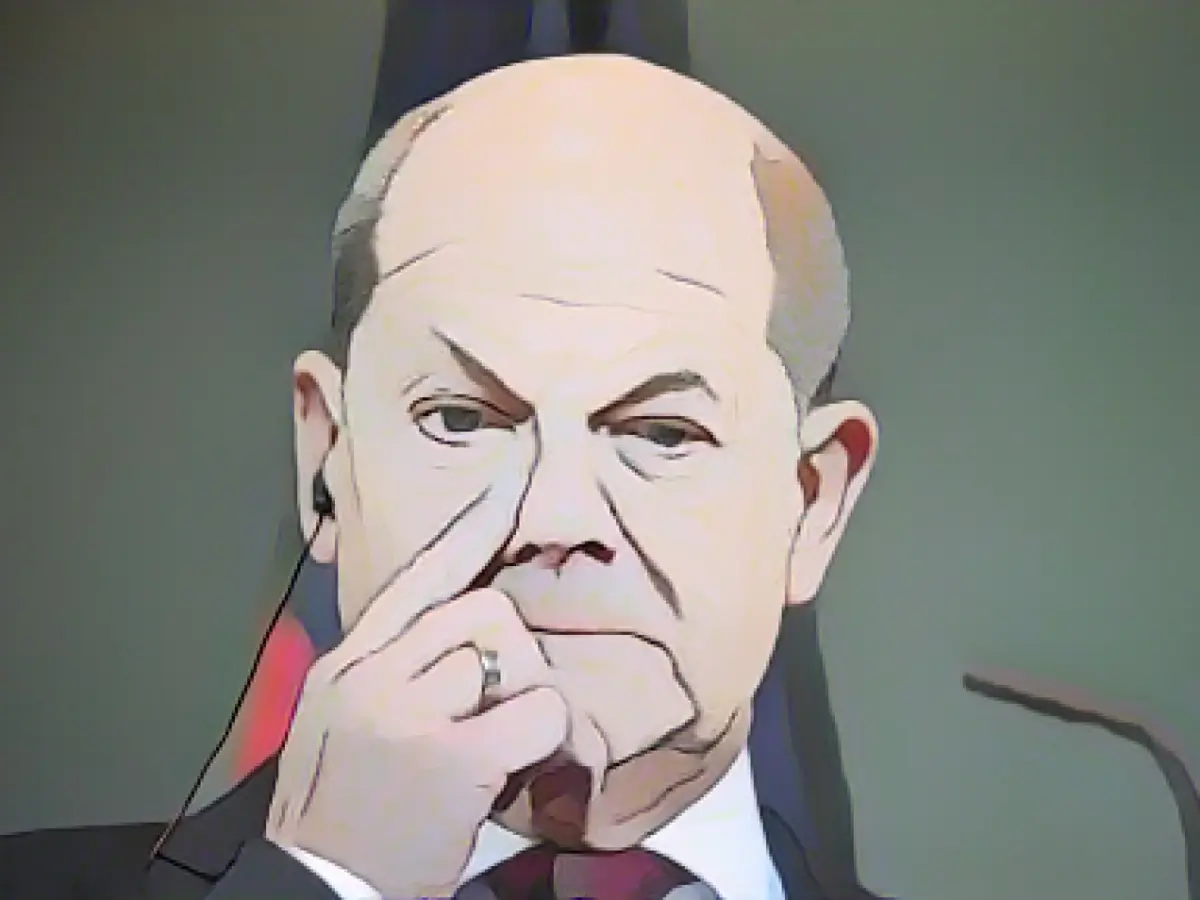Uniting Forces: Germany and Brazil Advocate for Swift EU-Mercosur Free Trade Agreement
Germany and Brazil are determined to propel the long-awaited free trade agreement between the European Union (EU) and the South American economic community, Mercosur, towards completion.
Speaking in Berlin, German Chancellor Olaf Scholz expressed unwavering commitment to expediting the pact's conclusion, affirming, "We are firmly dedicated to seeing this agreement finalized promptly." Brazilian President Luiz Inácio Lula da Silva echoed this sentiment, emphasizing his resilience to push for the agreement's success despite encounters with numerous obstacles throughout the negotiation process spanning over 20 years. "Hopefully, the EU will display its interest in sealing this treaty," Lula stated.
Splits on Middle East Conflict
During the inaugural cabinet meeting between the two nations in eight years, the parties revealed stark contrasts in their security policies, particularly concerning the war in Gaza and Ukraine. While Germany advocates for temporary ceasefires to allow humanitarian aid deliveries, Brazil calls for an immediate and permanent ceasefire as well as denouncing Israel's alleged "terrorist acts" in response to child and women casualties in Gaza.
Obstacles in EU-Mercosur Negotiations
Despite the looming opportunity to establish one of the world's most extensive free trade zones, consisting of more than 700 million inhabitants, France appears to pose a significant roadblock to the realization of this ambition.
Ideological disagreements over environmental concerns remained a significant barrier to inking the agreement's finalization at the scheduled summit. EU member states, such as France, have raised concerns regarding rainforest protection and the expected impact on deforestation.
Germany and Brazil: Unyielding Advocates
Scholz underscored the potential of the agreement in bolstering trade and commercial connections between Germany and Brazil, while Lula praised the partnership between both countries given that Brazil remains Germany's most significant trading partner in South America. The partnership between the two nations has grown stronger with over 1000 German-Brazilian companies contributing considerably to this relationship.
Scholz voiced his optimism about securing a majority in favor of the agreement within the European Council and Parliament once the negotiations are concluded. Nonetheless, French President Emmanuel Macron expressed reservations at the COP28 world climate conference in Dubai over the alleged disregard for biodiversity and climate issues from the EU-Mercosur deal. These concerns further intensify France's reluctance to approve the agreement.
The Path Forward: Renewed Consultations
Several high-ranking officials from both sides participated in the rekindled consultations, which have now been scheduled to occur every two years, with the locations alternating between Germany and Brazil. This revived partnership, initially established in 2015, serves to strengthen ties between both countries, particularly following Jair Bolsonaro's right-wing populist presidency, which put a temporary halt to these consultations.
France's stance on greenhouse gas emissions and rainforest conservation, which clashes with Brazil's attitude in this regard, adds an intriguing dynamic to the evolving relationship between the two nations. This tension could potentially shape the course of future consultations, as both sides strive to find common ground and move forward in forging a comprehensive partnership grounded on shared objectives.








